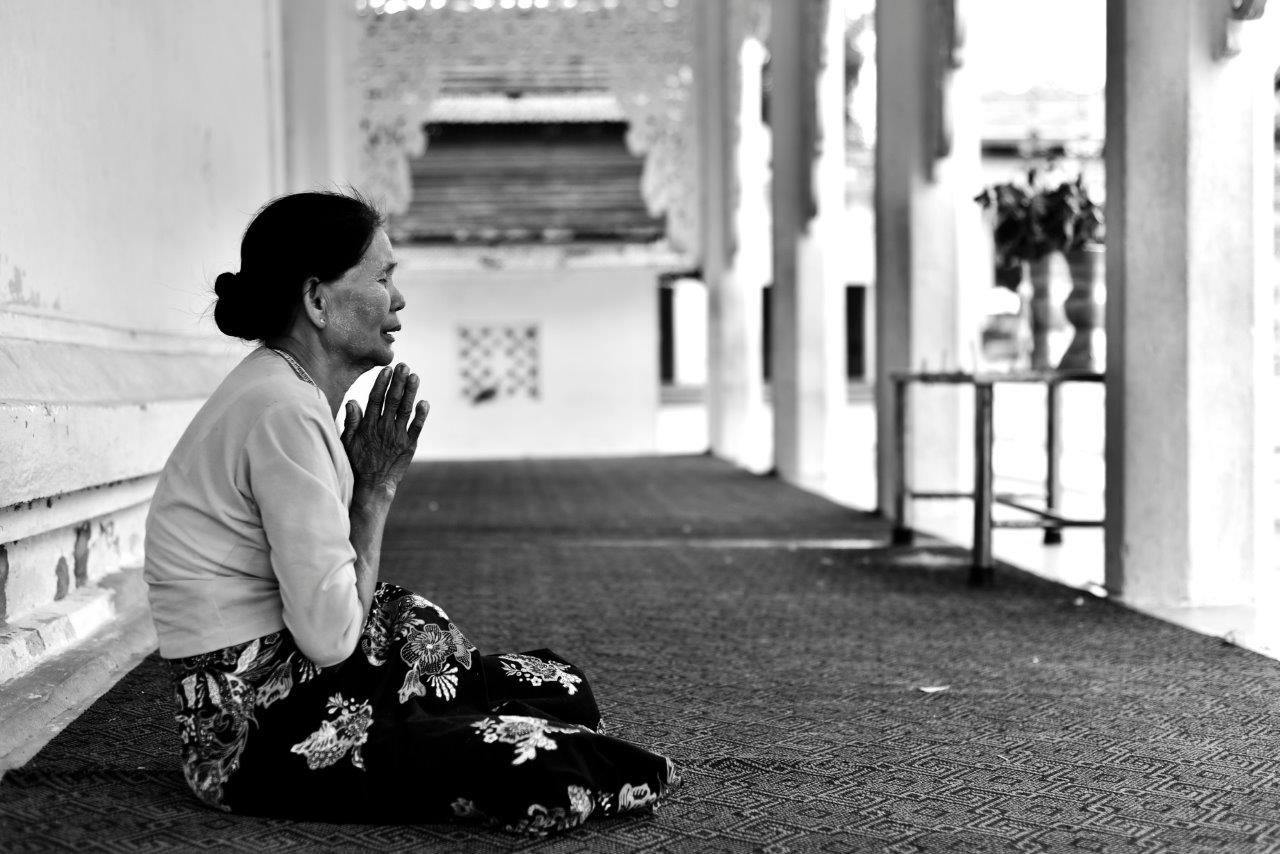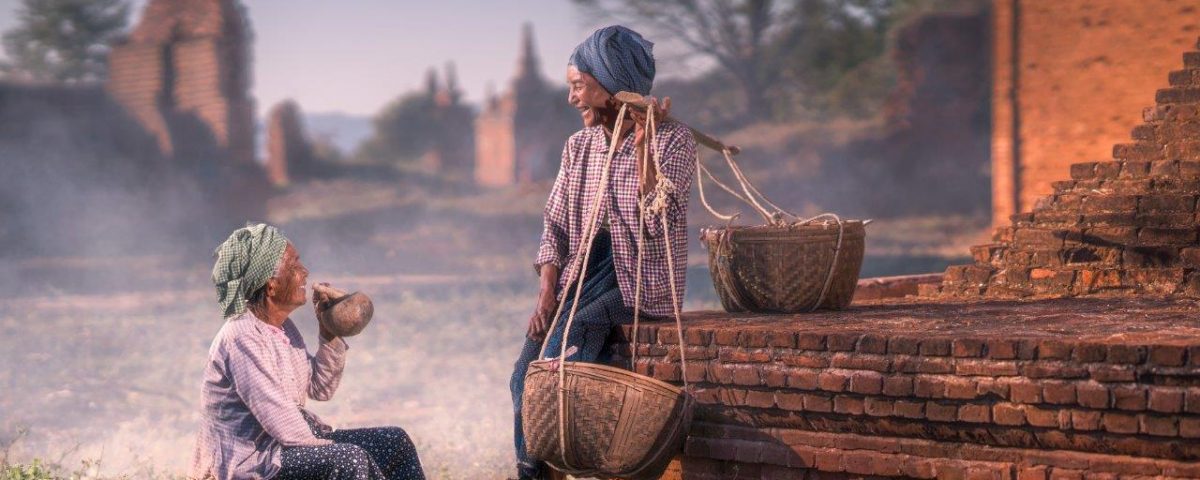
Myanmar: Violence against the Rohingya Population. The Importance of the Evidence.
September 3, 2018ISIS and the Crimes Against the Yazidi Group. “When ISIS attacked Sinjar, they came to destroy”.
March 30, 2019Women and Justice in Southeast Asia. The Case of Thailand

– The Federal Lawyer, December Issue 2018 –
Promoting Access to Justice (A2J) in respect of human rights violations and abuses is a prerequisite for the full enjoyment of human rights and a fundamental element of the rule of law. The meaning of A2J is not limited to the justice system’s efficiency, but it involves different factors. From the women’s perspective, several national and international barriers and restrictions impede them from realizing their right to A2J based on equality. These obstacles can have legal/institutional, socio-economic and cultural natures.
The culture of silence has different reasons. Women’s lack of confidence in judicial processes, fear of offenders; thinking judges could do anything; feel shame or embarrassment. A pool of women in the justice system is one of the prerequisites to ending impunity. Judges, lawyers, prosecutors and police officers should adopt a gender-sensitive approach to their work.
Women also face the challenges of having access and equal opportunity in the legal professions and, consequently, in the justice sector. Women often lack equal access to legal education curricula, quality, content, and professional development. Gender-based disparities and the intersection of multiple forms of bias are common in the justice system. The feminization of legal professions is not yet a global phenomenon. Female attorneys, judges or prosecutors often do not receive the same presumption of competence or commitment as their male colleagues. In this way, women remain out of the circle of career development.
